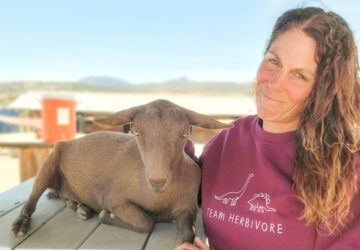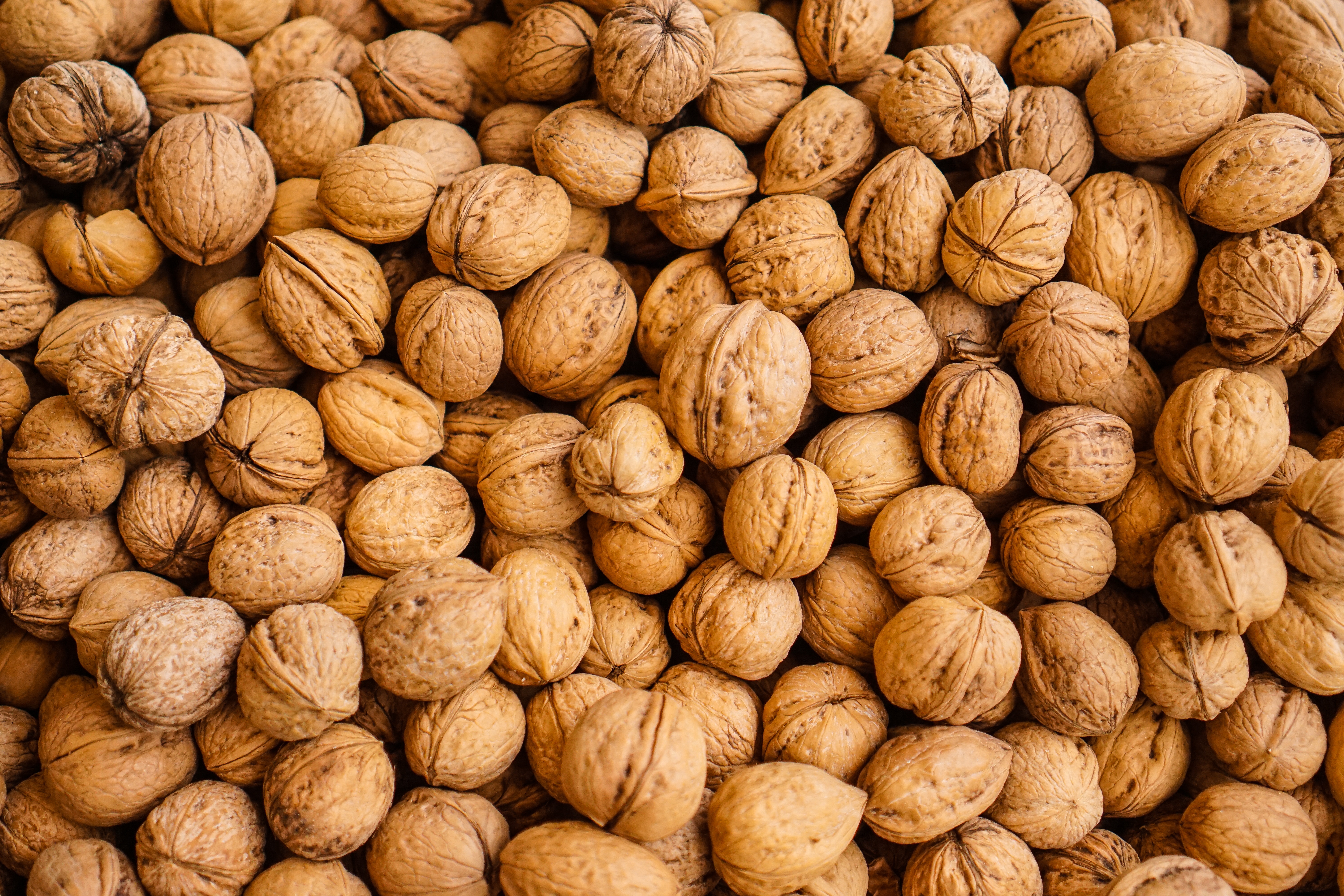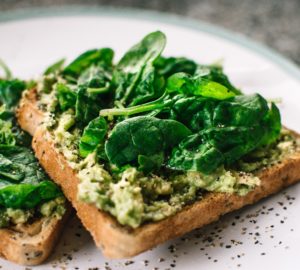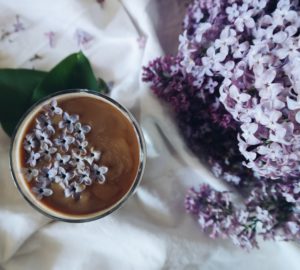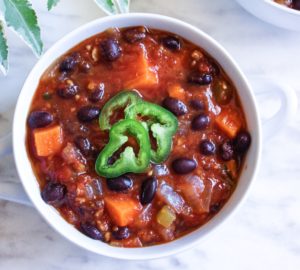The ultimate truth about the 3 biggest vegan protein myths
There are a lot of misconceptions when it comes to vegan eating. Concern about protein is undoubtedly one of the biggest hurdles facing people interested in changing their diet towards a more plant-based lifestyle.
That’s why we’re demystifying some of the most common myths surrounding vegan protein in this post!
Myth 1. You need a lot of protein to stay healthy
While we all know we need a good quantity of protein to remain healthy, most people don’t know the actual number our bodies require.
According to the most recent US dietary guidelines, an adult woman should aim for 46 grams of protein per day, while an adult man needs around 56 grams.
A helpful rule of thumb is to consume 1 g of protein per kg of body weight per day. So, a person who weighs 60 kg should eat roughly 60 grams of protein per day. Of course, protein needs may vary based on factors like age and level of physical activity.
To give you an estimate, 100 grams of beans equals 22 grams of protein, while 100 grams of tofu totals out to around 10 grams of protein.
As experts agree, a well-planned vegan diet is healthy for people of all ages and is definitely sufficient in protein.
Myth 2. You have to combine protein sources to create a ‘complete protein’
Rooted in the fact that some plant-based protein sources do not contain all nine essential amino acids (the components protein are broken into), this myth has led people to believe that mixing and matching grains with beans or other legumes is needed to get a ‘complete protein’.
Experts have since debunked this assumption. Eating a varied diet rich in healthy whole grains, legumes, and vegetables on a daily basis is sufficient to meet your amino acid needs.
Still worried about getting all nine essential amino acids in one meal? Soy beans and quinoa are both sources of plant-based protein that contain all essential amino acids.
Myth 3. Soy is unhealthy
Soy consumption is a controversial topic.
The reason? The phytoestrogens found in soy and soy-derived products like mock meats. These naturally occurring compounds in plants are thought to negatively influence a women’s hormones through their resemblance to estrogen.
Recent studies show that a moderate consumption of soy products as part of a balanced diet poses no threat to hormonal functions.
If you’re still worried, know that plenty of plant-based protein sources contain no soy at all and can cover your dietary needs. Beans, lentils, peas, quinoa, and nuts and seeds are all excellent options!
Want more vegan info? Check out:



